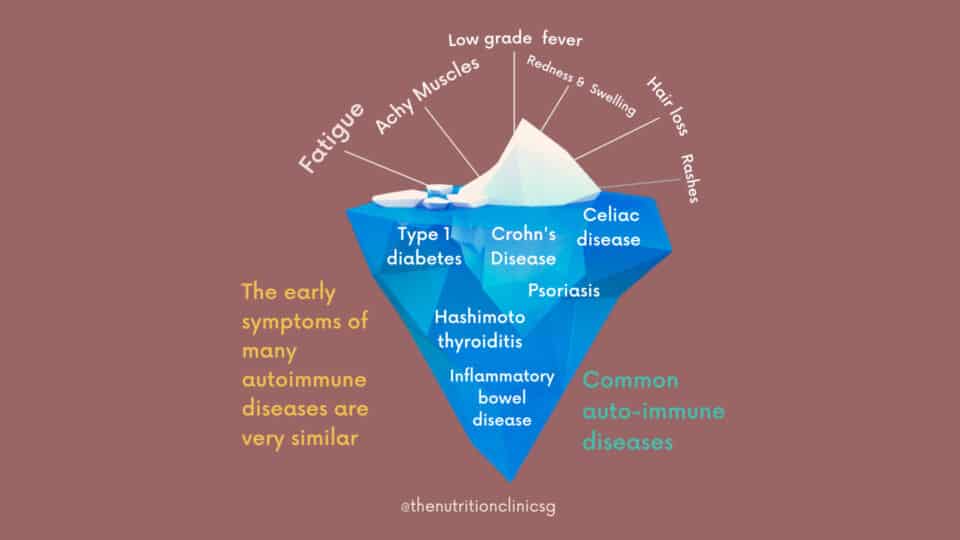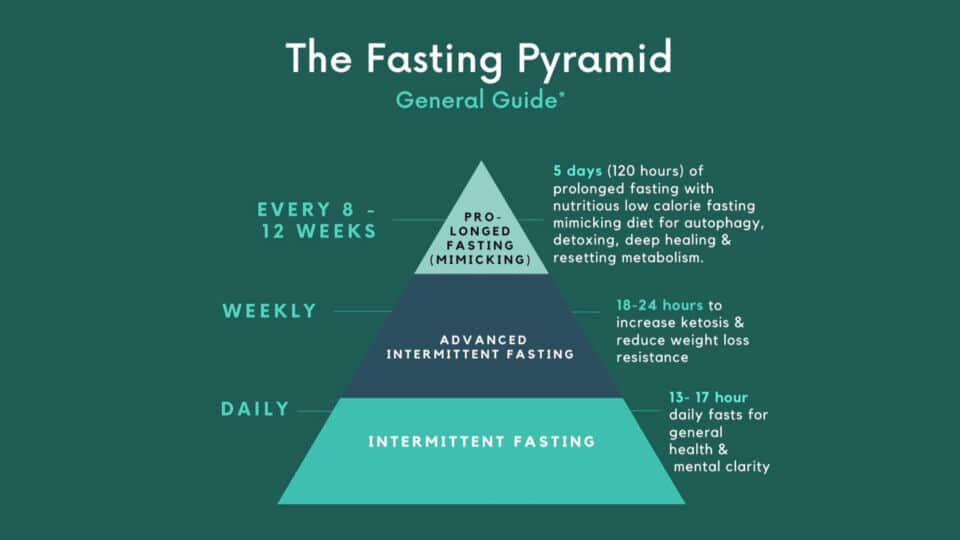Singapore amongst the WORLDS most sleep deprived

Singapore is making the news for the top 3 in the worlds most sleep deprived…
Poor sleep is shared by so many of my clients- driven by work and family pressures they rarely switch off and as a result struggle with sleep. Through our work together we uncover what is behind their poor sleep cycles and work on ways to slowly optimise and shift deep set patterns.
Good quality sleep is the ultimate game changer that often gets overlooked. So why is it so important? Sleep is a natural periodic state of rest for the mind and body. Being awake is considered catabolic, which is essentially breaking your body down’ while sleep is anabolic, which is when growth and repair of the immune, hormonal, skeletal and muscular systems happen.
What we often forget with sleep is a good nights sleep begins the moment you wake up. What you do during the day has a direct impact on how you will sleep.
In Asia we still see a lot of honour around staying late, we see work cultures driven by late night calls and deadlines that require staying up all night. What we see this side of that story is clients that are exhausted and incredibly depleted. Our bodies can cope with a few sleepless nights it’s when you combine poor sleep and stress for a prolonged time that things start to shift.
What are some of the effects of poor sleep:
- Unexplained weight gain an increase in sugar cravings: This is because when you are sleep deprived glucose decreases to the brain. Our body then seeks out glucose for our brain to function, enter late night cravings. Studies have shown there is also an increase of activity in the amygdala (this is the reptile part of our brain) and decreased activity in the insular cortex and frontal lobe (responsible for willpower) Which makes it clear why at 1am we really crave broccoli and look for sugary foods instead.
- When you sleep leptin levels increase, which tells your brain you have enough energy and there is no need to trigger a hunger response. When you don’t sleep enough you don’t produce enough leptin so your body thinks you don’t have enough energy. Your brain tells you you are hungry even though you are not. When you eat at this time your body stores this food as fat for a time when you might need it later on. This decrease in leptin over time can slow down your metabolism and leave you feeling constantly hungry.
- The other hormone affected by sleep and weight is ghrelin, which does the opposite of leptin. It tells your brain when you need to eat, when it should stop burning calories and when it should store energy as fat. During sleep ghrelin should decrease. People who don’t sleep enough end up with too much ghrelin in their system during the day, so the body constantly thinks it’s hungry.
- Studies have shown that one night of being sleep deprived can make you as insulin resistant as a type 2 diabetic.
- Poor energy through the day, poor mental clarity and performance: Studies have proven that sleep deprivation interferes with brain function at a cellular level, disrupting how brain cells function and communicate with each other. This means not sleeping enough directly affects our ability to process and remember information, make decisions, react quickly and handle stressful situations. Research has proven that reaction times are affected equally from not sleeping enough as they are by alcohol.
- low immunity and mood issues Without sufficient sleep, your body makes fewer cytokines, which is a type of protein that targets infection and inflammation that is produced and released during sleep.
- Too little sleep over time disrupts your hormones, including serotonin, dopamine, and cortisol, which directly impact mood, and energy
We are the first to recognise how hard it is to shift sleep cycles– it takes effort but it is probably one of the most important things you can do for your health and wellness. Bio-hack your way to better sleep by seeing what works best for you.
How do you know you’re doing it right? You wake up feeling refreshed and ready to go, your energy is stable through the day without relying on sugar and caffeine, your immunity is improved and your mental clarity is off- the charts.
If you’re someone who would rather technology takes over the oura ring is one of the best tracking devices on the market. It doesn’t mean it helps you sleep it just creates more awareness on how to improve your sleep.
Sleep is regulated by the hormone melatonin, which works in synch with other hormones. Your stress hormones are particularly important when addressing sleep. Fluctuations in this — which is often the result of long term stress without balancing that with restorative practices such as meditation — can affect how effectively your body produces melatonin. We can quantify this at TNC with a saliva based assessment that looks at your stress and sleep patterns.

